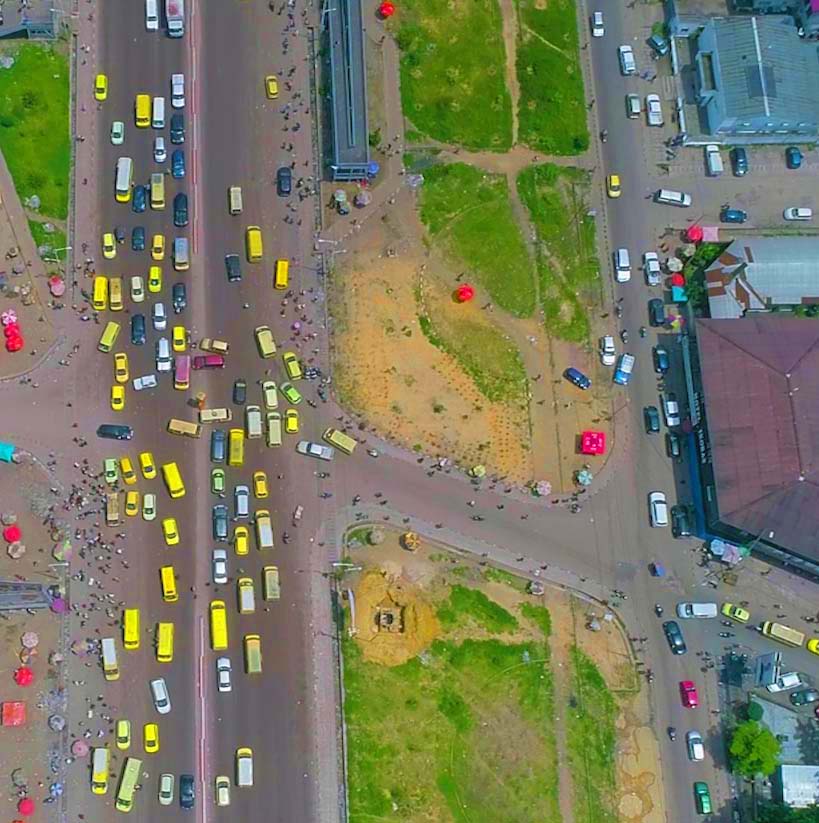Socio-economic impacts of the COVID-19 crisis on households in the Democratic Republic of Congo
5 iterations of the survey between August 2020 and February 2021
KEY FINDINGS
The second wave of COVID-19 is having a negative impact on households in the DRC, many of whom are in a vulnerable position at the start of 2021.
households reported a drop in income compared to pre-pandemic levels in January 2021. This was an increase from 47% of households who reported their income had fallen in November 2020.
On average, almost 75% of low-income households reported a fall in income in January 2021, compared to prior to COVID-19.
For 58% of the households surveyed, a decline in business performance or the temporary closure of their workplace was the main reason the wage-earner's income had fallen.
There has not yet been a significant increase in prices as a result of the second wave.
of households reported costs had increased in January 2021 compared to before the pandemic. This was a similar level to that observed in November 2020. Food and water remain the most important expenses for most households.
One worrying trend was that prices appear to be rising in North and South Kivu. 50% of households reported higher expenses than pre-pandemic, compared to 29% in November 2020.
Overall data suggests that while there may be some price inflation for basic goods and services, it is less severe than during the first wave of the pandemic.
The disruption to incomes and inflation seen in 2020 has decreased the overall financial health of many households.
Many households are aware that COVID-19 cases have been rising in the DRC. Most respondents think the measures in place will help stop the spread, but that they come at a high economic price.
About the study
The domestic restrictions imposed by the spread of the COVID-19 pandemic and the global economic downturn have created a challenging environment for households in the Democratic Republic of the Congo (DRC).
Households therefore need government support to minimise the negative effects of this crisis. The objective of this study is to provide analysis developed through direct household input during the data collection phase to support evidence-based decision-making processes regarding the effects of government decisions taken so far and the additional measures that could be taken to address household needs.
The study is the result of a partnership between Élan RDC and Kinshasa Digital. The initial August 2020 survey on the impact of COVID-19 on households was well received. This new study includes slight modifications compared to the August 2020 survey. More iterations are planned (October, November, December - January and early February 2021). They will include information on households across the country on a monthly basis in order to understand the nature of the challenges they face and how they are changing.
Results from each iteration of the survey are available to download.

Survey results
All 5 iterations combined.
1.015 people were contacted for iteration n°1 of the household survey, which carried out between 31 of July and 13 of August 2020.
2.200 people were contacted for iteration n°2 of the household survey, which carried out between 14 of August and 11 of September 2020.
2.200 people were contacted for iteration n°3 of the household survey, which carried out between September 22 to October 13 2020
2.200 people were contacted for iteration n°4 of the household survey, which carried out between October 14 to November 26 2020
2.200 people were contacted for iteration n°5 of the household survey, which carried out between January 12 to February 2nd 2021